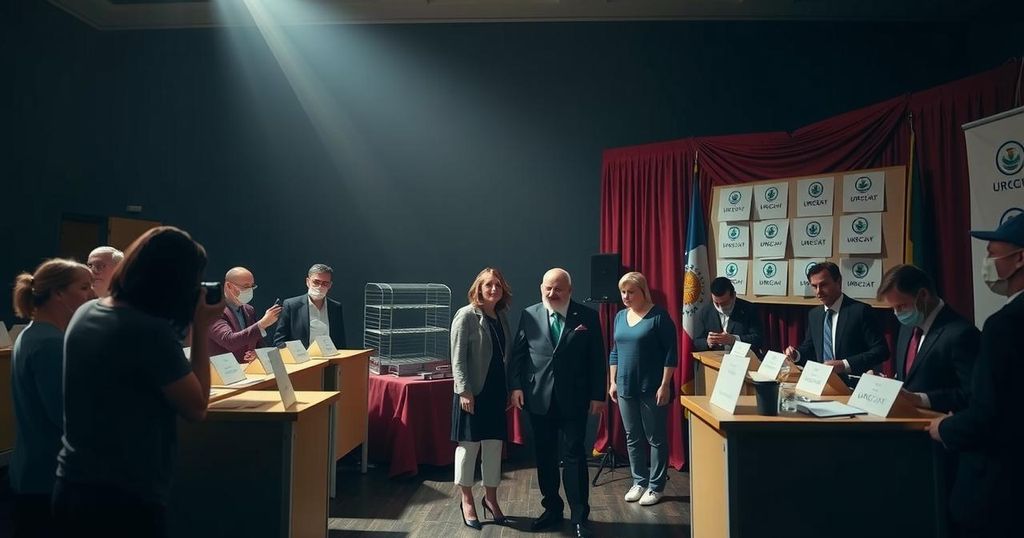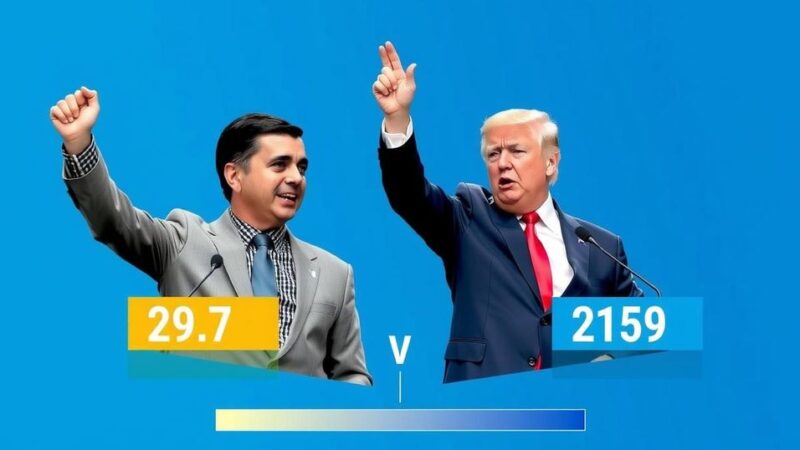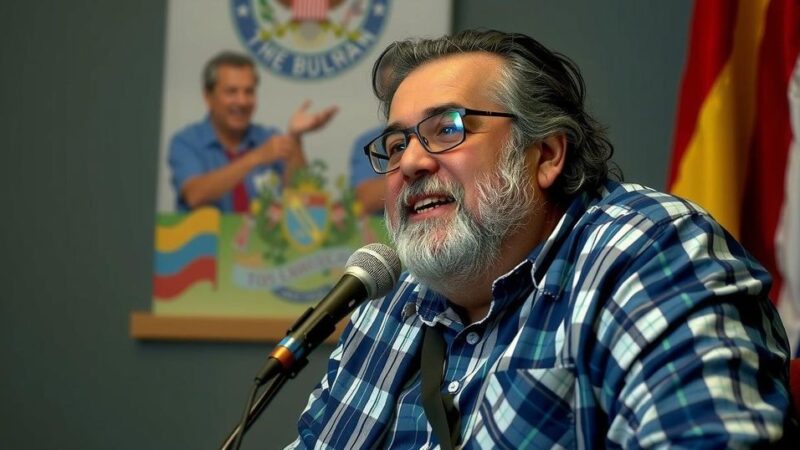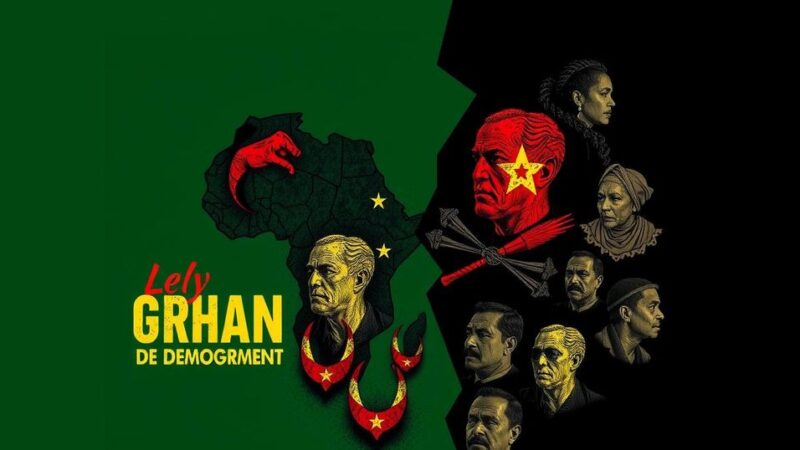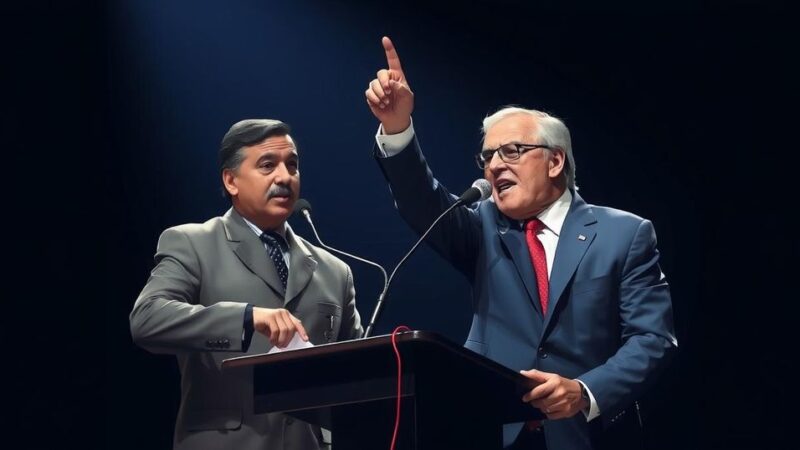Uruguay is conducting a closely fought presidential runoff between moderates Yamandu Orsi and Alvaro Delgado. Polls indicate a tight race, with less than 25,000 votes potentially separating the candidates. Orsi aims to reassure voters against significant policy shifts, while Delgado seeks to capitalize on the popularity of the current government. Both candidates target undecided voters in this pivotal election amidst a backdrop of economic stability.
Voters in Uruguay, celebrated for its tranquil lifestyle and progressive policies, are participating in a closely contested second round of their presidential election. The moderate candidates vying for the presidency are opposition centre-left candidate Yamandu Orsi and continuity conservative Alvaro Delgado, who is supported by the conservative Colorado Party. Recent opinion polling indicates a tight race, with the potential for fewer than 25,000 votes separating the two candidates.
Scheduled voting commenced at 8:00 AM local time and will conclude at 7:30 PM, with preliminary results anticipated shortly thereafter. Orsi, representing the Broad Front, garnered 43.9% of the votes in the first round, while Delgado received 26.8%. The political landscape in Uruguay differs significantly from the heightened tensions seen in other South American nations, such as Argentina and Brazil, providing a relatively calm electoral environment.
Both candidates aim to secure support from approximately 8% of voters who favored smaller unaligned parties in the initial round, as well as those who abstained from voting in October. Despite a televised debate not significantly altering voter sentiment, both contenders are competing to maintain or alter the political stability enjoyed by the nation during President Lacalle Pou’s term, who is constitutionally barred from seeking immediate re-election. Analysts suggest the economic resilience of the country may favor Delgado, despite rising inflation concerns.
Analyst Nicolas Saldias noted, “There are few indications that voters are clamouring for significant political change,” indicating the possibility of continuity despite global trends affecting incumbent parties.
Uruguay is known for its political stability and progressive social policies, such as the legalization of marijuana, which contribute to its reputation as a moderate nation in the context of South America. In recent elections, political tensions have heightened in neighboring countries; however, Uruguay’s political narrative remains fairly consistent, with significant overlap between ideological parties. The current election cycle marks the closure of an extensive electoral year in the region, prompting observers to evaluate voter sentiment towards incumbent parties amidst economic challenges. The upcoming voter turnout will determine whether Uruguay deviates from the international trend where ruling parties experience decreased electoral support.
The second round of Uruguay’s presidential election presents a pivotal moment as candidates Yamandu Orsi and Alvaro Delgado vie for leadership in a politically moderate landscape. Current polling suggests a tight race, reflective of the nation’s relative calm compared to its neighbors. The election’s outcome will likely hinge on the ability of Orsi and Delgado to sway undecided voters and maintain economic stability. Observers await the results to determine if Uruguay will follow or resist the global trend for change among incumbent parties.
Original Source: www.begadistrictnews.com.au
